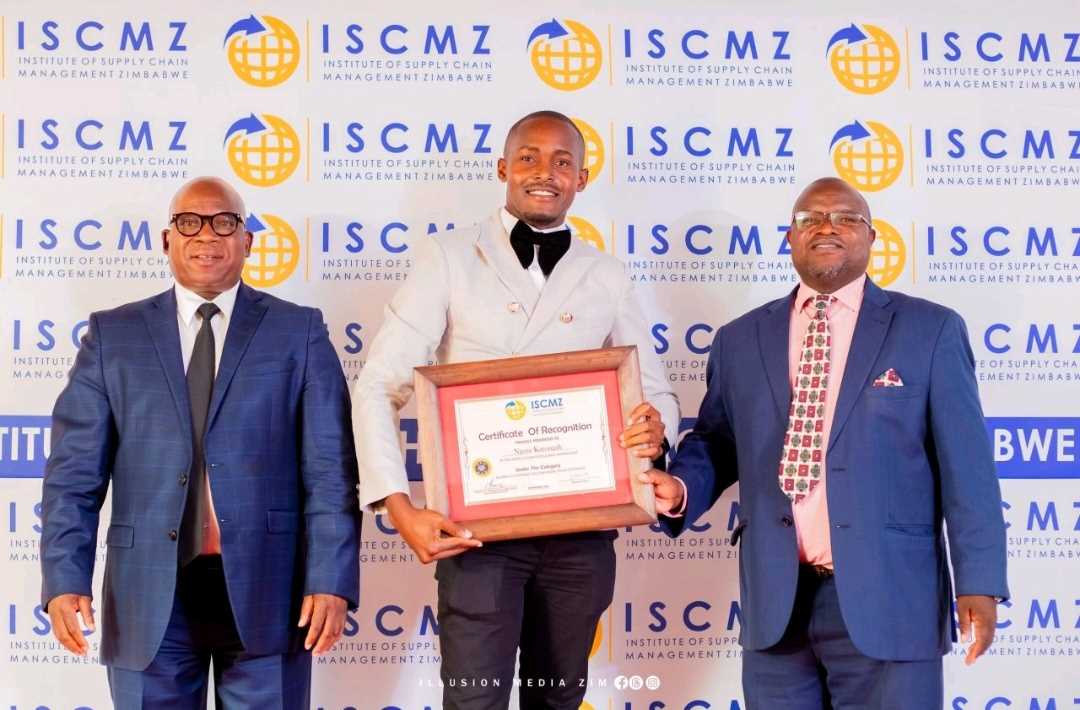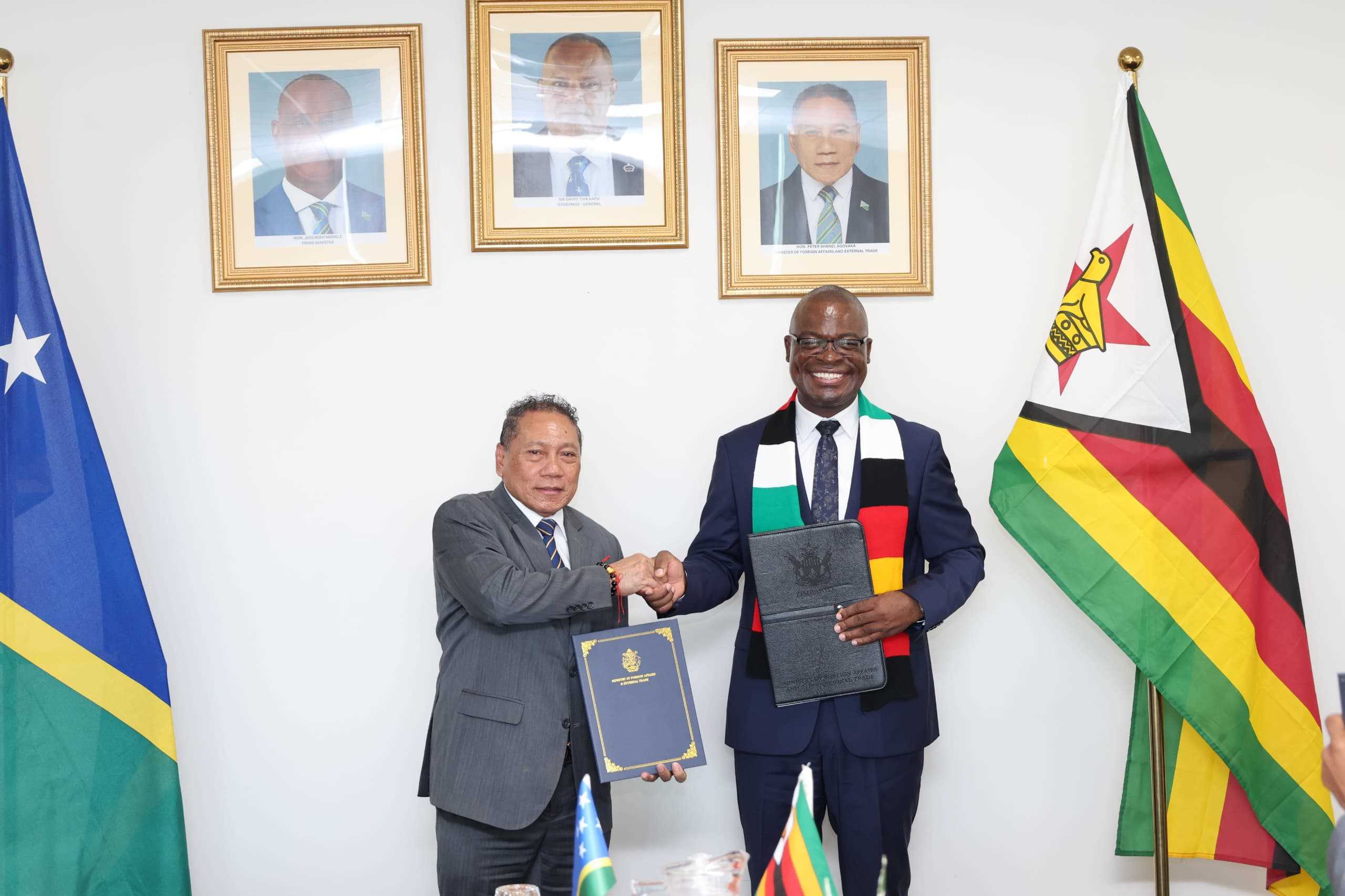
Nyashadzashe Ndoro
The business community has come out guns-blazing blaming political instability in the country for the setbacks Zimbabwe's economy is facing.
Presenting the CEO Africa Roundtable Business Confidence Index for the third quarter of 2023 on Friday, Oswell Binha, the chairman of the organisation, said the latest survey highlighted a notable retardation in companies willingness to invest and expand their operations.
“Most businesses were bearish on company expenditure, sales and profitability and employment creation,” Binha said.
The CEOs also established that the political problems facing the country had a negative impact on the performance of the economy.
Related Stories
“In line with the overall negative outlook, the index also identified certain challenges and concerns that businesses face. Key concerns include economic conditions (exchange rate and inflation), financial sector instability, regulatory environment and political instability,” he added.
The BCI noted constant trends in employment. It says only 34% of respondents reported plans to hire additional staff, indicating a negative shift towards job creation and improving labour market conditions. This trend aligns with the overall negative sentiment observed in the index.
The index further indicated a negative outlook for the economy, with 54.5% of the respondents projecting that the economic environment will be worse in the final quarter of 2023 compared to the 3rd quarter of 2023.
“The own business and sectoral perspective also reflect accordingly, with almost 50% of the respondents indicating that they project their sectors and own businesses to face headwinds in the last quarter of 2023. Businesses are increasingly losing confidence about the future trajectory of Zimbabwe’s economy, driven by factors such as macroeconomic instability, exchange rate and inflation volatility, policy inconsistencies and dwindling consumer confidence,” the chairman said.
The Index’s findings correspond with the World Bank's recent update on the state of Zimbabwe’s economy. The bank projected that the economy will slow to 3.5% in 2024 coupled by the rise in public debt.
“The Government’s options for debt financing are also increasingly restricted. Domestic debt financing of the budget has been minimal, given recent economic volatility. Meanwhile, external financing options have been severely inhibited by external arrears. To service these debt payments, RBZ (Reserve Bank of Zimbabwe) has been relying on expensive loans from the African Export-Import Bank and the printing of money,” the World Bank noted.


















Leave Comments